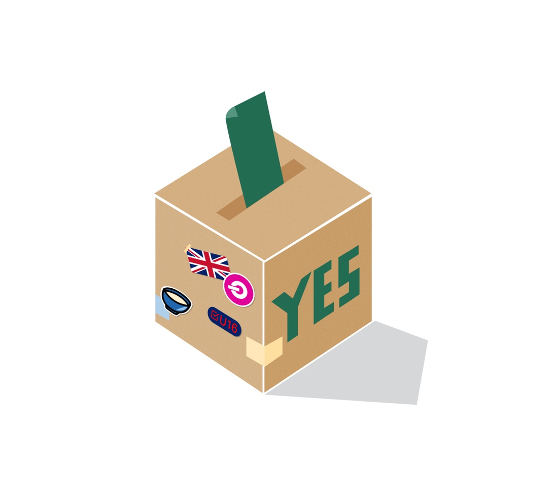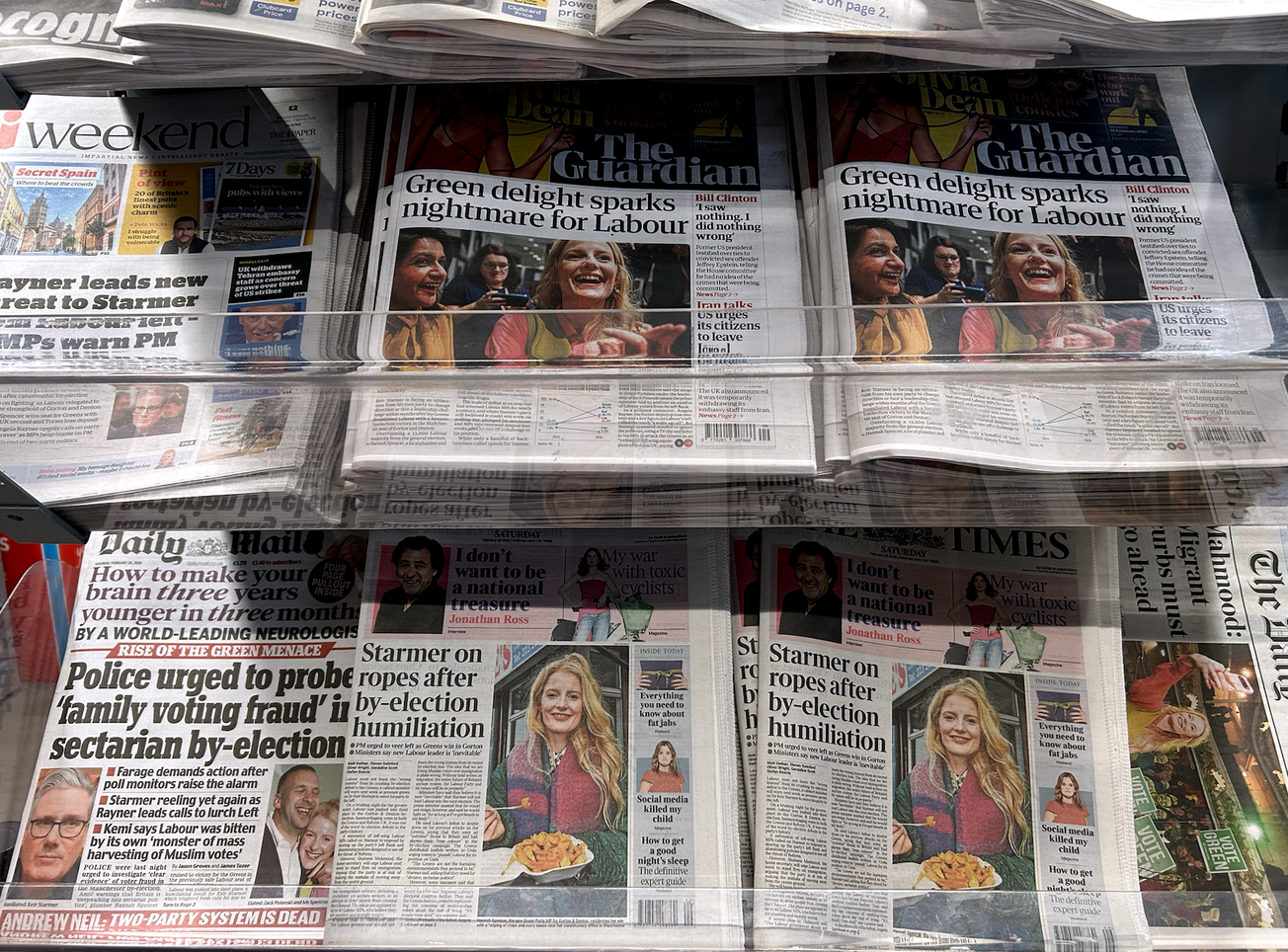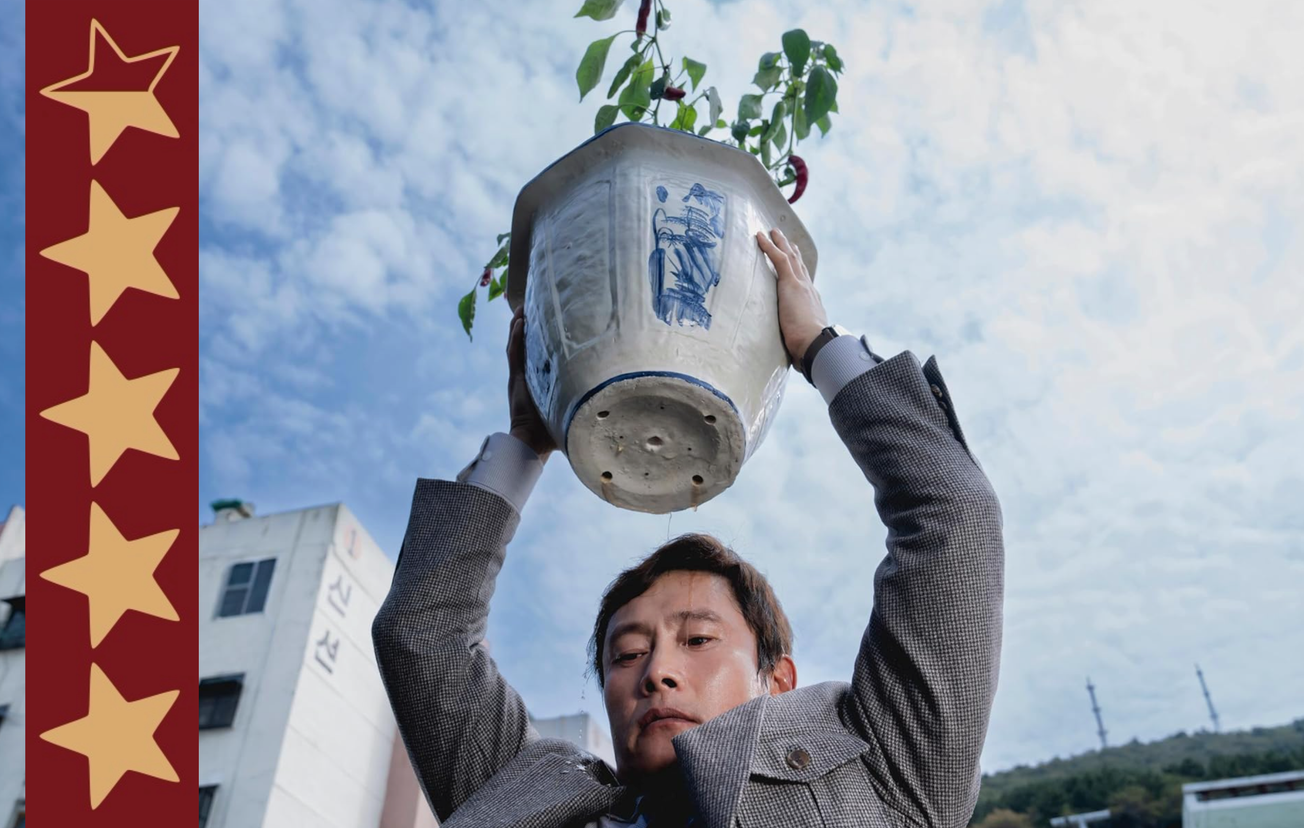Freedom of speech is one of the cornerstones of democratic societies, underpinning the exchange of ideas, the pursuit of truth, and the scrutiny of authority. It’s a liberty that allows individuals to express their thoughts, beliefs, and criticisms without fear of government retribution. However, recent debates suggest that this fundamental right might be under threat. Critics argue that political correctness, social media censorship, and so-called ‘cancel culture’ are eroding our ability to speak freely. Yet these concerns may be overstated. Rather than undermining freedom of speech, the evolving dynamics of public discourse can be seen as efforts to create a more inclusive and respectful society.
But first, let’s take a step back. To get a handle on this debate we need to know what freedom of speech is, without the jargon.
Freedom of speech is the right to express one's opinions and ideas without fear of government retaliation or censorship. It is entrenched in numerous international human rights instruments, including the European Convention of Human Rights (ECHR), which documents how everyone has the right to ‘freedom of expression’ without interference by ‘public authority’. By allowing for the exchange of diverse ideas, this right is one vital for the functioning of any democracy
But that doesn’t mean it’s without limits. Most democratic societies impose restrictions on speech to protect other important values. Hate speech, incitement to violence, and defamation are commonly restricted forms of expression. The key question is, therefore, not whether we should have freedom of speech, but how we balance this right with other important values.
Yet some critics argue that we get this balance wrong, that political correctness and social media policies are silencing voices. I’d contend that these critics are wrong, and existing restrictions are necessary to promote a fair and inclusive society.
Here’s why.
Firstly, freedom of speech has often been weaponised against marginalised groups, subjecting them to harassment, discrimination, and violence. By establishing norms that discourage hate speech and promote respectful dialogue, society takes a moral stance against bigotry and intolerance. This not only protects vulnerable communities but also enriches public discourse by ensuring that a wider range of voices is heard.
Freedom of speech also carries with it the responsibility to consider the impact of one's words on others. Encouraging individuals to speak thoughtfully and respectfully does not equate to censorship; rather, it promotes a culture of empathy and understanding. Moral maturity involves recognising that our words have power and can cause harm, and choosing to use that power constructively. Evidence of this in action is the #BeKind movement, which gained prominence following high-profile cases of online bullying and harassment. This movement encourages individuals to reflect on the potential impact of their words and promotes a supportive and positive online environment.
Furthermore, creating spaces where everyone feels safe to express their ideas is crucial for genuine freedom of speech. If certain groups are consistently silenced or marginalised by hostile speech, their freedom of expression is effectively curtailed. By setting standards for respectful communication, we can ensure that more voices are included in the conversation.
However, these arguments, whilst important, only capture a certain aspect of this issue. When we talk about ‘speech’, we don’t just mean spoken words. The transfer of political debate into the digital realm makes this starkly obvious.
Social media platforms, such as Instagram, X, and TikTok, serve as arenas where ideas are exchanged and debated on a massive scale. Social media has empowered diverse voices and movements, amplifying often neglected societal issues. It has facilitated global conversations on crucial topics such as racial justice, climate change, and political corruption. Yet, this expanded reach comes with its own set of complications. The line between free speech and harmful content can become blurred, leading to debates over what should be moderated or censored.
These platforms have implemented community standards to mitigate harmful speech and foster healthier online environments. While these policies are not perfect and can sometimes result in increased censorship or increased visibility of hateful content, they intend to balance free expression to protect users from abuse and misinformation.
Cancel culture, a phenomenon where individuals are publicly held accountable for their actions or statements, is another issue. Critics claim it stifles free speech by creating an environment where individuals fear expressing controversial opinions due to the threat of being ‘cancelled’—faced with public backlash, loss of professional opportunities, or social ostracisation—which may lead people to self-censor or avoid discussing important but ‘touchy’ topics. This fear of retribution can undermine the principle of open dialogue, which is essential for democratic discourse and intellectual growth. There is also concern that the swift, and sometimes unforgiving, nature of online reactions might not allow for nuance or forgiveness, potentially disregarding the possibility of growth or redemption.
But from a moral viewpoint, cancel culture can be seen as a form of social accountability. When someone faces backlash for harmful behaviour or rhetoric, it sends a message that such actions have consequences. This can be a powerful deterrent against speech that perpetuates harm and makes individuals think carefully when expressing ideas and challenging debates.
In sum, freedom of speech remains a cornerstone of democracy, but it must be balanced with the moral imperative to foster a society where all individuals can speak and be heard without fear of harassment or discrimination. By embracing this nuanced approach, we can ensure that freedom of speech truly benefits everyone, not just the loudest or most privileged voices.







